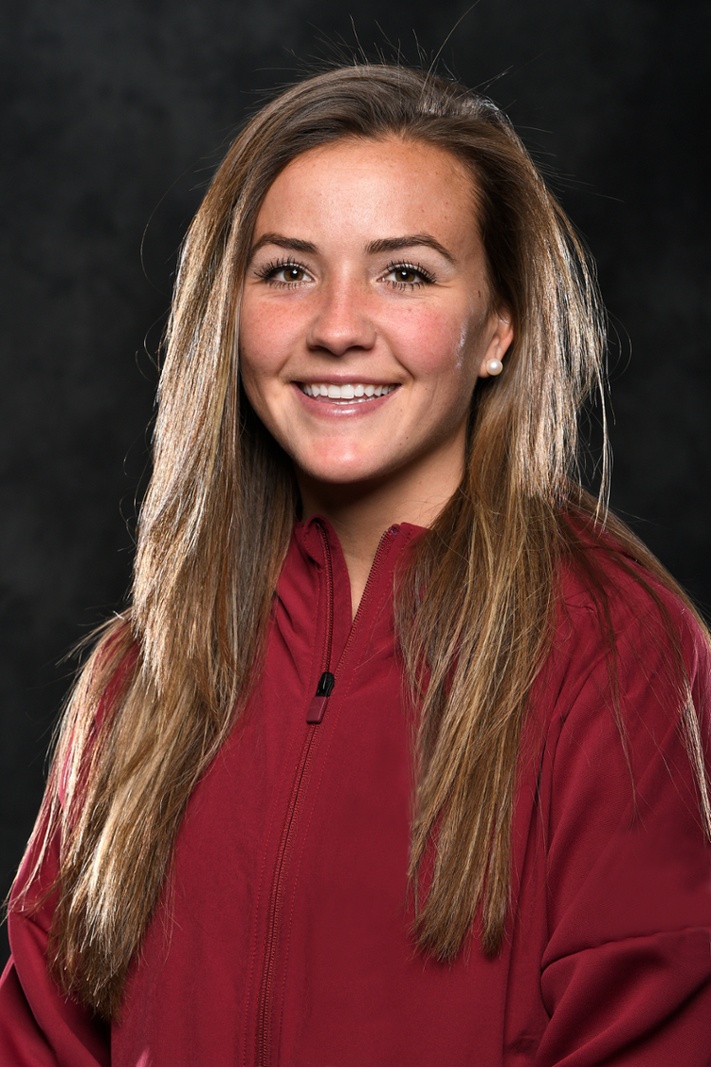
“This proposal was one of only four selected from over 100 applications,” said David Walsh, clinical associate professor and advisor. “Before we knew grant results, I was talking to my colleagues, and it was a little unnerving to hear that we were all applying for the same thing. I am very excited she received it.”
Ferrara , who is a volunteer soccer coach in her spare time, is native to Tampa, Fla. Former student-athlete and professional soccer player, she coached the UH women’s soccer team to a record-setting season in 2021.
“This grant will help us to extend the work from our previous grant,” Ferrara stated. “I plan to use funding to develop a scale that will help us more accurately measure resources for college athletes and tell us how they might develop or handle the transition from college to real-world life. That will be good not only for them but for administration and athletic departments to utilize and see where help is most needed.”
Ferrara is studying to get a Ph.D. in kinesiology with a concentration in sport and fitness administration, focusing on how athletes develop. Researching the transition from college into life after sport, she is working alongside Walsh to analyze human development in the college athlete’s realm.
“There is such a stigma around your mental health when you are an athlete, a mantra of ‘You have to be tough. You have to drive hard; stick it out,’” Ferrara stated. “The reality is that your mental health is just as important as your physical health, and we see with the pandemic that everyone’s mental health has taken a toll. I was encouraged to do the research by athletes everywhere who were all experiencing the same feelings of ‘What do I do now?’ after graduating.”
Walsh and Ferrara researched the effects of psychological, social and physical resources on the well-being of 500 student athletes. In doing so, they learned that the scope of athlete development was limited by the absence of a resource scale. In designing a practical scale, they aim to measure influential resources that promote the well-being of college athletes. Such a resource will prove beneficial for administration, athletes and athletic departments to identify where help is needed.
“These research interests came due to relativity,” Ferrara said. “I struggled with mental health throughout my time as a college athlete, especially when I graduated. Although my research now is with current athletes, my long-term goal is to work with athletes after they graduate. That transition into adulthood and life after sport is difficult.”